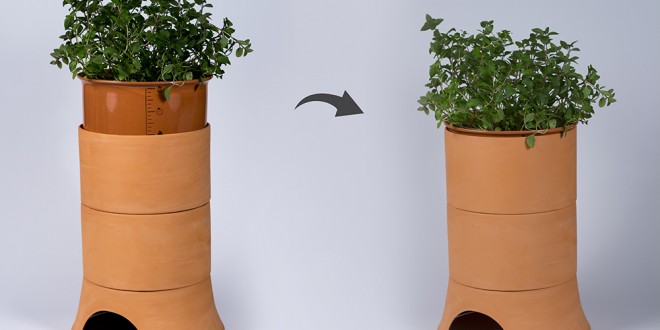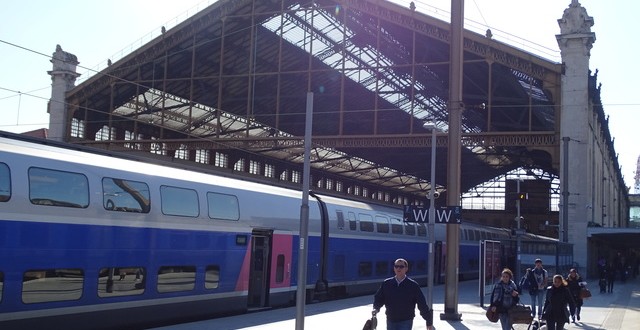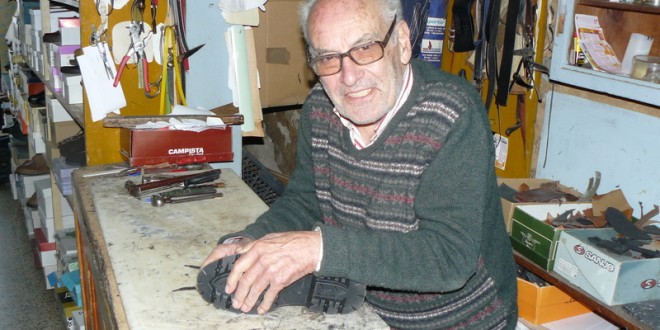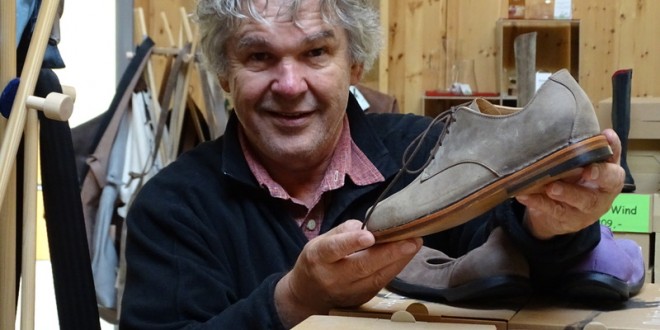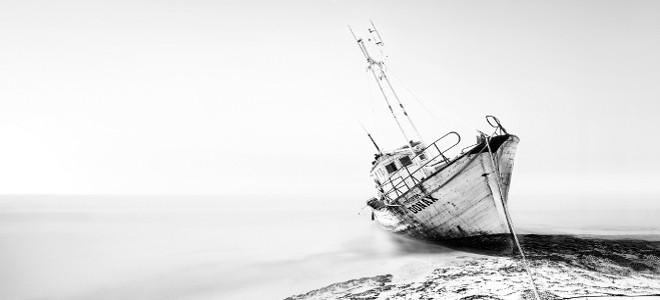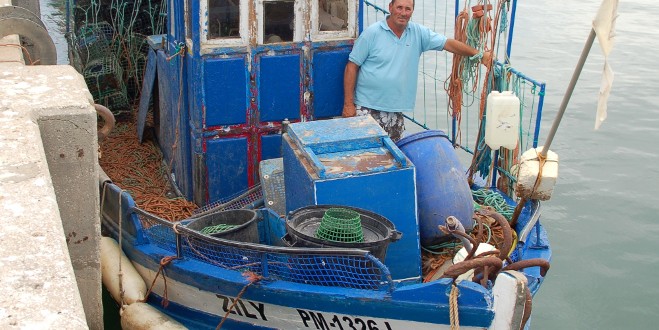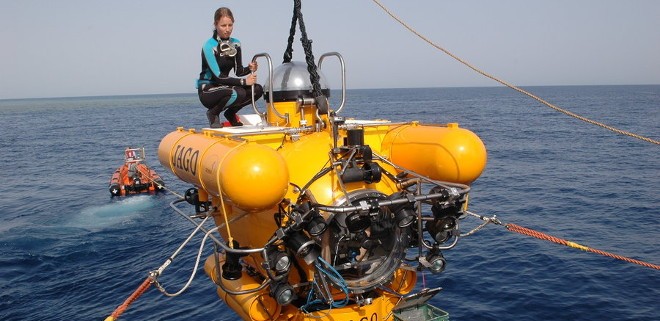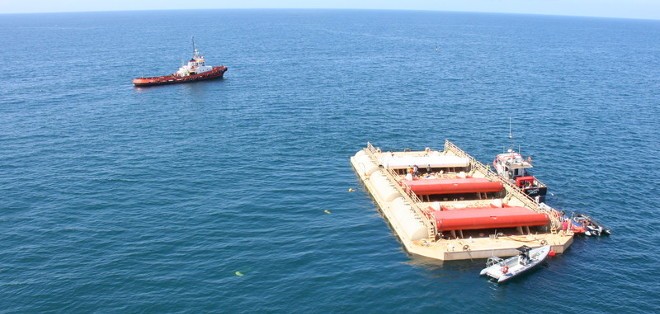Good news from the Higher School of Art and Design in Caldas da Rainha – IP Leiria Uroboro* is a completed research project that has led to an everyday product which also has the objective of promoting environmental education in the home. It is an invention for cutting the disposal chain of biodegradable waste in urban areas and for finding individual solutions. Its inventor, Marco Balsinha (32), shows that is possible to avoid up to 30 percent of biodegradable waste with earthworm composting. Using his worm composter, the outcome of his final Master’s project at the Higher School of Art …
Read More »
 Eco123 Revista da Economia e Ecologia
Eco123 Revista da Economia e Ecologia

